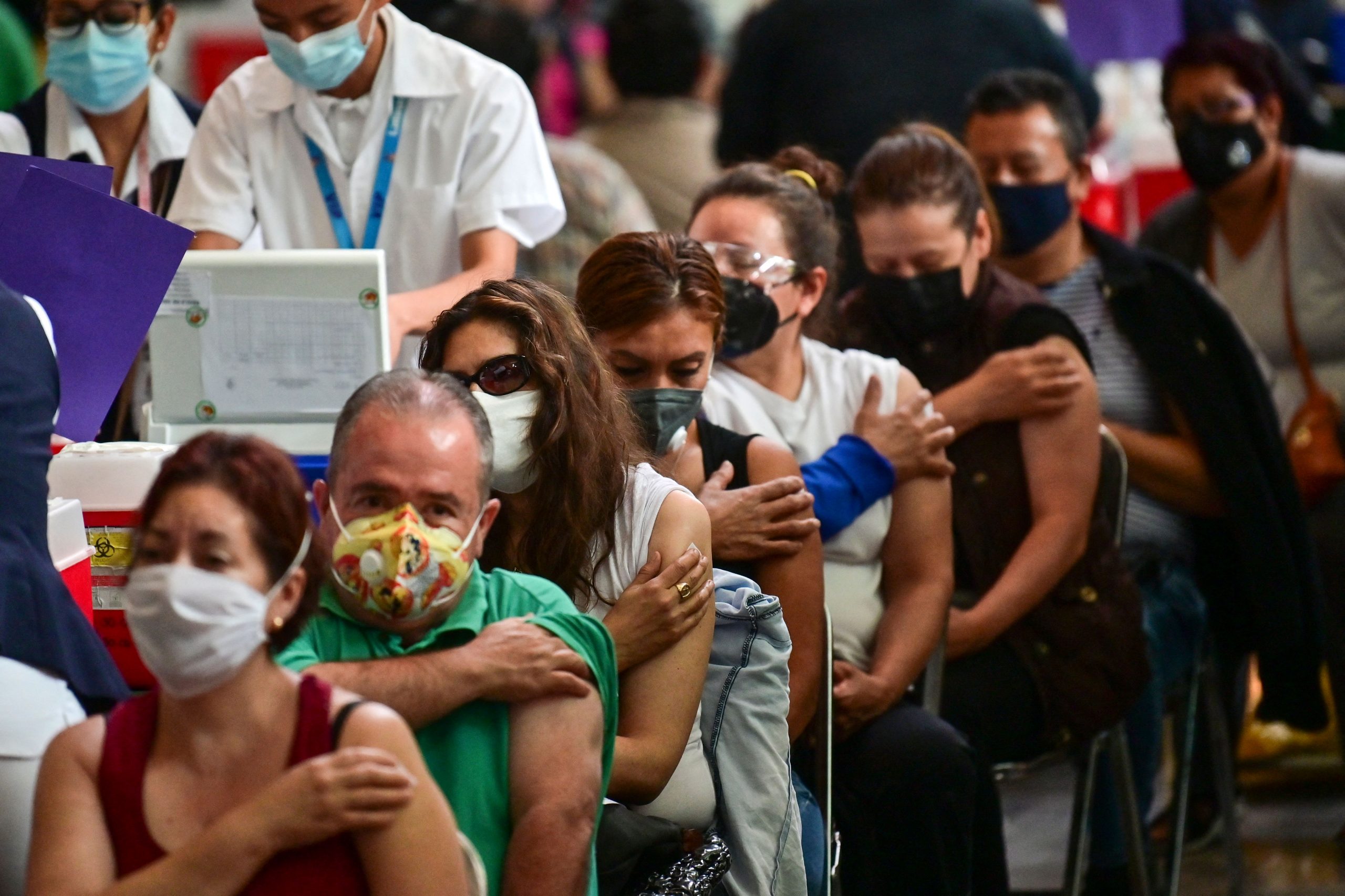Destiny Britt, an African-American from Georgia said that she would not be taking the vaccine due to her skepticism keeping in mind the history of medical testing in America.
“Don’t take it when people don’t want to take the vaccine as being rebellious,” said Britt in an interview with CNN. Her hesitancy also comes from the potential of the vaccine to do permanent damage to the body and cause conditions like myocarditis, inflammation of the heart.
She is not the only one from the African-American community who has low confidence in the vaccine.
A survey conducted by the Public Policy Institute of California read that only 29% of African Americans would be ‘definitely’ or ‘probably’ get the coronavirus vaccine.
According to experts this trend is owing to the fact that Black Americans have had negative experiences with the medical system in the past.
Most notably, the Tuskegee experiment has left a lasting impact on the community.
Also read: Lusia Harris: ‘Queen of basketball’ and only Black woman to play in NBA
The experiment was started in the 1930s and was conducted on hundreds of coloured men who had syphilis. The study promised the participating members free medical care. However, the specifics of the test were not shared with the participants. The abusive experimentation went on for 40 years and none of the participants were actually treated for the disease.
During the peak of the pandemic in the United States, people who died were younger and disproportionately Black than those who died throughout the pandemic, said CNN in a report.
Dr Anthony Fauci said that the section of Americans dying of the coronavirus are mostly unvaccinated.
According to Flojaune Cofer, an epidemiologist with Public Health Advocates in Sacramento believes that the trust in the vaccine may build over time. However, Black people have higher risk factors for severe illnesses like heart or lung diseases.
Hence the decision of not getting vaccinated to protect oneself has heavy consequences.
“What we really need to focus on is giving people enough information that they can feel comfortable with that decision”, added Cofner.
To tackle this issue advocates representing different communities of color are working with the government to establish vaccine advisory committees with the main goal to discuss equitable distribution and building trust.







